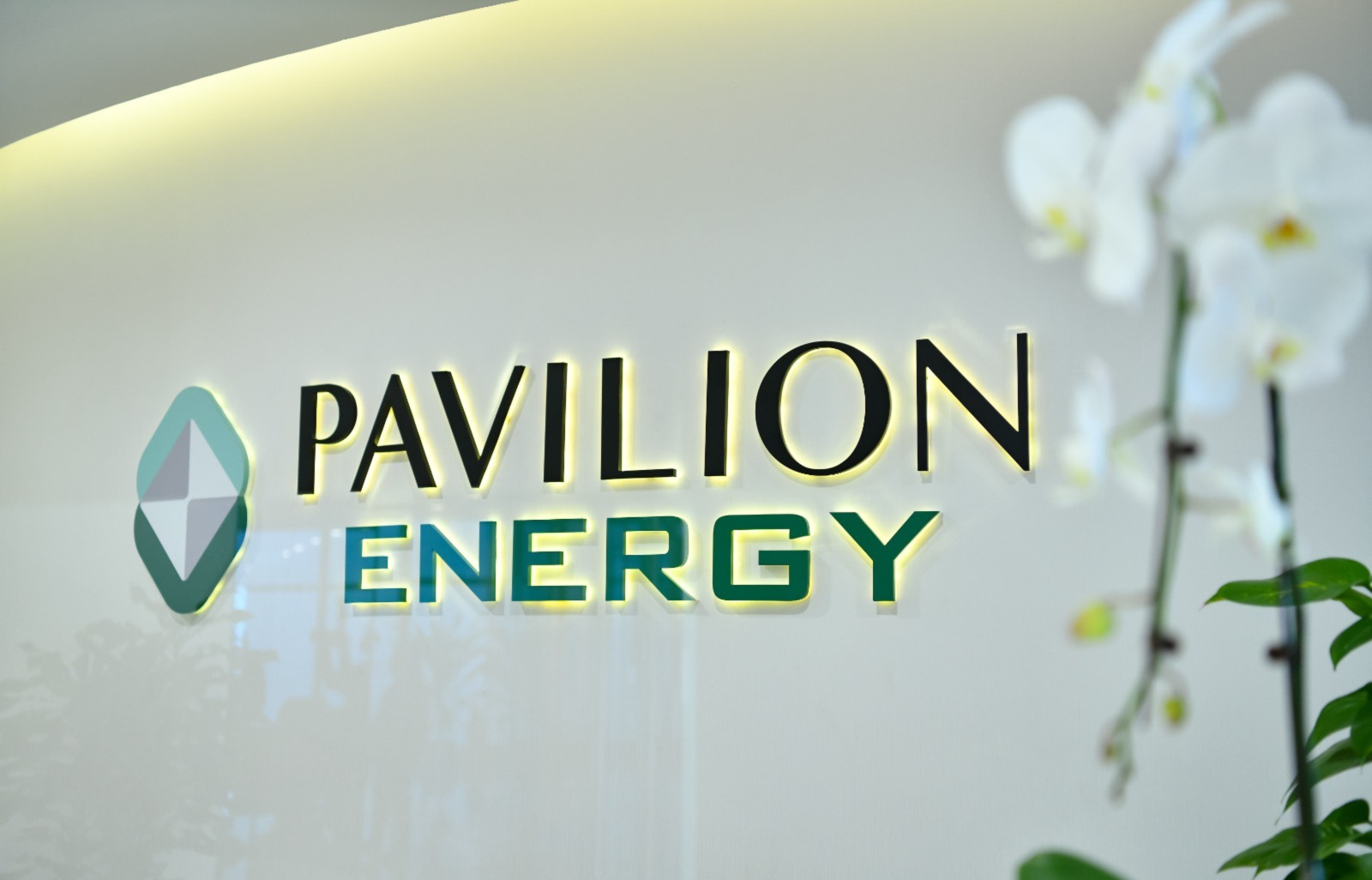Company's move to play larger role in supply chain will boost Singapore position as energy hub
Temasek Holdings' liquefied natural gas (LNG) offshoot Pavilion Energy is building up its capabilities in the maritime business to play a larger role in the LNG supply chain in a move that will help cement Singapore's position as a major energy hub.
Pavilion Energy will acquire, manage and charter maritime assets to transport LNG through a joint venture with shipping firm BW Group, the companies said yesterday.
The joint venture, BW Pavilion LNG, was set up with an initial paid-up capital of US$55 million (S$69 million) and will start operating with three LNG carriers. Two of these vessels will be launched by early next year after delivery from Hyundai Heavy Industries shipyard in South Korea, while an existing vessel from BW Group has been taken over.
BW Group, based in Singapore and Oslo, specialises in oil and gas transportation and has a fleet of 113 vessels, including LNG carriers.
Mr Seah Moon Ming, group chief executive of Pavilion Energy, said: "This joint venture represents our expansion into LNG shipping and an early investment into a critical part of the LNG value chain that enables Pavilion Energy to effectively connect global LNG supplies to regional gas demand centres in Asia."
Japan, South Korea, China and other Asian gas importers take up about 70 per cent of global LNG exports, with China's imports of the super-chilled fuel growing at a record pace as it aims to use cleaner fuels to cut smog in its big cities.
China could overtake South Korea to become the world's second-biggest LNG buyer, behind Japan, importing 61 million tonnes of LNG by 2020 from 18 million tonnes last year, said consultancy Wood Mackenzie in a recent forecast.
Underlining China's huge appetite for energy resources, the country on Wednesday signed an estimated US$400 billion deal to import natural gas from Russia over three decades.
Pavilion Energy was set up in April last year to tap growing LNG demand in Asia. Since then, the firm has invested US$1.3 billion for a 20 per cent stake in three gas blocks off Tanzania in East Africa. Its committed capital has been raised to US$6.9 billion from its initial start-up of US$1 billion.
The company's latest move comes at a time when Singapore, already an established oil trading hub in Asia, vies to also become a gas trading hub. The Republic's first LNG terminal now has a capacity of six million tonnes per annum (Mtpa) spread across three tanks. Plans are under way for a fourth tank that will add another three million Mtpa of throughput by 2017.
The Government is also looking at potential sites to build a second LNG terminal.
"As our market and terminal operations grow, we expect that it will support the full spectrum of LNG activities in Asia, including marketing, trading and procurement. More than 20 companies have already established or expanded their LNG desks in Singapore," Second Minister for Trade and Industry S Iswaran said at an industry conference earlier this year.
"We hope to see more market players establish a presence in Singapore. This will not only support the growth of the domestic gas market, but will also allow Singapore to contribute to efforts to build deeper regional gas markets by serving as a trading and pricing hub for LNG."
The oil and gas industry accounts for almost 5 per cent of Singapore's gross domestic product, the Economic Development Board's website showed. Besides trading activities, Singapore is also one of the world's top three oil export refining centres and the world's busiest marine bunkering port.






